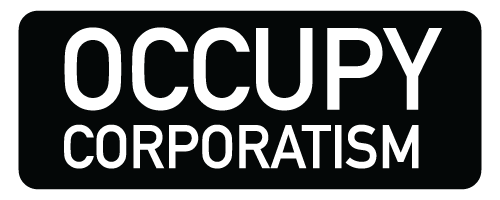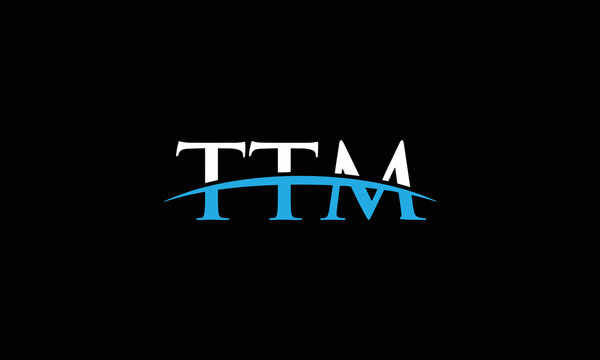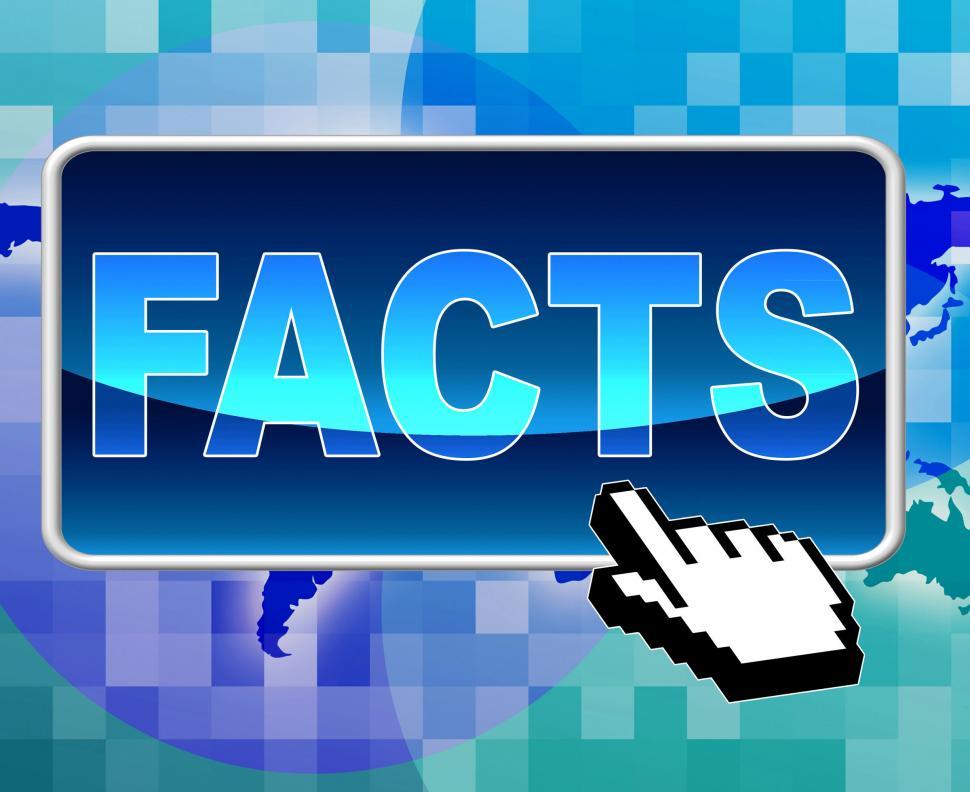Big data is one of the most discussed technology topics today. But what exactly is big data? In simple terms, big data refers to extremely large sets of structured and unstructured data that get created, collected, and analyzed by organizations. The scale of big data continues to grow exponentially as more data gets generated each day from an ever-increasing number of sources.
Big data introduces both opportunities and challenges across industries. By properly harnessing big data, organizations can uncover valuable insights to improve operations, product development, marketing, and more. However, handling huge volumes of complex data requires specialized tools, skills, and approaches.
Let’s explore what defines big data and how it is stored, analyzed, and used to create business value. We’ll also consider some of the privacy and ethical issues surrounding big data.
The “Three Vs” – Volume, Velocity, Variety
Big data is often characterized by what’s called the three Vs – volume, velocity, and variety:
- Volume refers to the vast amount of data being accumulated. The quantity of data created and stored grows massively each year.
- Velocity indicates how rapidly new data gets generated and processed in real-time. For some applications, the speed and frequency of data creation is even more important than volume.
- Variety covers the broad range of data types and sources involved. Big data draws from both structured and unstructured data formats.
These three factors work together to make big data challenging to store, manage, and analyze compared to traditional datasets.
Where Does Big Data Come From?
Big data originates from many sources, both public and private. Some major sources include:
- Social media platforms like Facebook, Twitter, YouTube, etc.
- Commercial transactions online and in stores
- User-generated content such as blogs, forums, reviews
- Mobile devices, wearables, and Internet of Things sensors
- Public records such as healthcare, crime, or education stats
- Satellite imagery, traffic sensors, and industrial equipment
- Scientific research projects and simulations
New sources of data continue to emerge, ensuring big data will keep expanding for the foreseeable future.
Storing and Managing All That Data
The first step in leveraging big data is finding ways to store and organize it. Common solutions include:
- Relational databases like SQL for structured data
- NoSQL databases and data lakes for unstructured data
- Cloud computing platforms offer highly scalable and distributed storage
- Hadoop and Spark frameworks work with huge datasets
Various types of metadata help categorize, label, and index all the information. This makes it possible to query and analyze the data efficiently despite the massive volumes.
Advanced Analytics Uncover Hidden Insights
Storing big data is just the beginning. The real value comes from analyzing the data to uncover correlations, patterns, and insights that would be impossible to find otherwise.
- Machine learning algorithms can detect patterns and make predictions.
- Data mining techniques explore relationships in large datasets.
- Data visualization tools create charts, graphs, and dashboards.
- Statistical analysis identifies trends and quantifies findings.
Both software and human analysts play important roles in deriving meaning from big data for business decisions.
Big Data Use Cases Across Industries
Many industries are finding ways to harness big data to their advantage:
- Retail – Recommendation engines, customer segmentation, inventory optimization
- Healthcare – Patient record analysis, clinical decision support, epidemic modeling
- Finance – Taxation, Fraud monitoring, risk assessment, algorithmic trading
- Government – Smart cities, digital governance, public resource allocation,
- Transportation – Route optimization, predictive maintenance, autonomous vehicles
- Media – Content personalization, ad targeting, trend analysis
- Sports – Player analytics, fantasy league modeling, game strategy
And the list goes on. Big data will only become more vital for gaining competitive edges.
Privacy and Ethical Considerations
With great data comes great responsibility. Collecting and utilizing consumer data raises important privacy issues:
- Data collection should follow laws and regulations
- Private information must be anonymized
- Consumers should be informed on data usage
- Cybersecurity protections are essential
- Biased data or algorithms can cause harm
Organizations must collect, store, analyze, and act upon big data in ethical ways that respect individual privacy. Trust and transparency will be key.
The age of big data is just getting started. As analytics techniques and data sources continue advancing, so will the transformative potential of big data across nearly every domain. Like any technology, big data presents risks as well as opportunities. But by embracing big data responsibly, both businesses and society stand to gain invaluable benefits.











